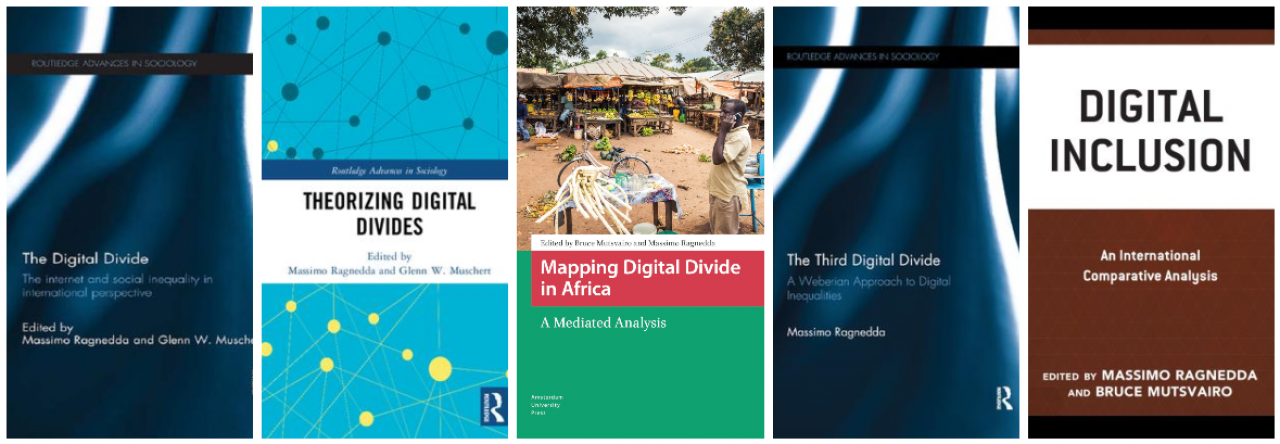 It has been a great honor and pleasure to be one of the invited teachers at the 6th Summer School at PKU in 15-24 July 2019, organized by the China Media Observatory (CMO) of Università della Svizzera Italiana (USI) in cooperation with School of Journalism and Communication of Peking University (PKU). The European Media and Communication Doctoral Summer School (SuSo), the Europe-China Dialogue: Media and Communication Studies Summer School (ECDSS) has been successfully organized for 5 years, taking place in Beijing (China), Lugano (Switzerland), and Brussels (Belgium).
It has been a great honor and pleasure to be one of the invited teachers at the 6th Summer School at PKU in 15-24 July 2019, organized by the China Media Observatory (CMO) of Università della Svizzera Italiana (USI) in cooperation with School of Journalism and Communication of Peking University (PKU). The European Media and Communication Doctoral Summer School (SuSo), the Europe-China Dialogue: Media and Communication Studies Summer School (ECDSS) has been successfully organized for 5 years, taking place in Beijing (China), Lugano (Switzerland), and Brussels (Belgium).
The 2019 programme had a new format and emphasis that focus more on “scientific training” – the provision of theoretical and methodological guidance for PhD students, postdocs and graduate students who are eager to engage in research at the early stage of their academic career. It aims to bring together scholars from different cultures to shed light on contemporary issues in (and not limited to) media, communication, political economy and cultural studies. As the fast-changing world is reshaped by the digitalization of the media sphere, scholars in Europe and China are facing the same challenges posed by the new information world that is full of misinformation, radical emotions, fragmented knowledge and deep uncertainties. The Summer School provided a platform linking scholars from the two great civilizations in order to foster the generation of new ideas or solutions for a better global communication exchange under the framework of Europe-China Dialogue.
During my time in Beijing, I taught classes and discussed with more than 30 students from Europe, USA and China students. Furthermore, we visited the CCTV and China Daily headquarters.
 I am really glad and happy to be Visiting Scholar at the Khalifa University, Abu Dhabi (1st Ranked University in the U.A.E.). During my time at Khalifa University (November-December 2019), I’ll be working as “Research collaborator” for the project lead by Prof. Muschert, Glenn W. (2019-2021) “Cultural Determinants of Digital Skill Levels among Internet Users in Abu Dhabi.” Khalifa University of Science & Technology Faculty Start-Up Grant.
I am really glad and happy to be Visiting Scholar at the Khalifa University, Abu Dhabi (1st Ranked University in the U.A.E.). During my time at Khalifa University (November-December 2019), I’ll be working as “Research collaborator” for the project lead by Prof. Muschert, Glenn W. (2019-2021) “Cultural Determinants of Digital Skill Levels among Internet Users in Abu Dhabi.” Khalifa University of Science & Technology Faculty Start-Up Grant.
 The 28th of October 2019, I acted as external examiner for a Ph.D. dissertation at the
The 28th of October 2019, I acted as external examiner for a Ph.D. dissertation at the  In my Kenyote talk at the 11th edition of the
In my Kenyote talk at the 11th edition of the  Massimo Ragnedda, Maria Laura Ruiu, and Felice Addeo (2019).
Massimo Ragnedda, Maria Laura Ruiu, and Felice Addeo (2019).  It has been a real pleasure to give a keynote talk on Digital Capital and Digital Inclusion at the “
It has been a real pleasure to give a keynote talk on Digital Capital and Digital Inclusion at the “ It has been a great honor and pleasure to be one of the invited teachers at the 6th Summer School at PKU in 15-24 July 2019, organized by the China Media Observatory (CMO) of Università della Svizzera Italiana (USI) in cooperation with School of Journalism and Communication of Peking University (PKU). The European Media and Communication Doctoral Summer School (SuSo), the Europe-China Dialogue: Media and Communication Studies Summer School (ECDSS) has been successfully organized for 5 years, taking place in Beijing (China), Lugano (Switzerland), and Brussels (Belgium).
It has been a great honor and pleasure to be one of the invited teachers at the 6th Summer School at PKU in 15-24 July 2019, organized by the China Media Observatory (CMO) of Università della Svizzera Italiana (USI) in cooperation with School of Journalism and Communication of Peking University (PKU). The European Media and Communication Doctoral Summer School (SuSo), the Europe-China Dialogue: Media and Communication Studies Summer School (ECDSS) has been successfully organized for 5 years, taking place in Beijing (China), Lugano (Switzerland), and Brussels (Belgium). The IAMCR 2019
The IAMCR 2019 The
The  I have been nominated by students for a teaching award. This the
I have been nominated by students for a teaching award. This the  Next week (22-24 May 2019) I will be in Washington DC at the
Next week (22-24 May 2019) I will be in Washington DC at the